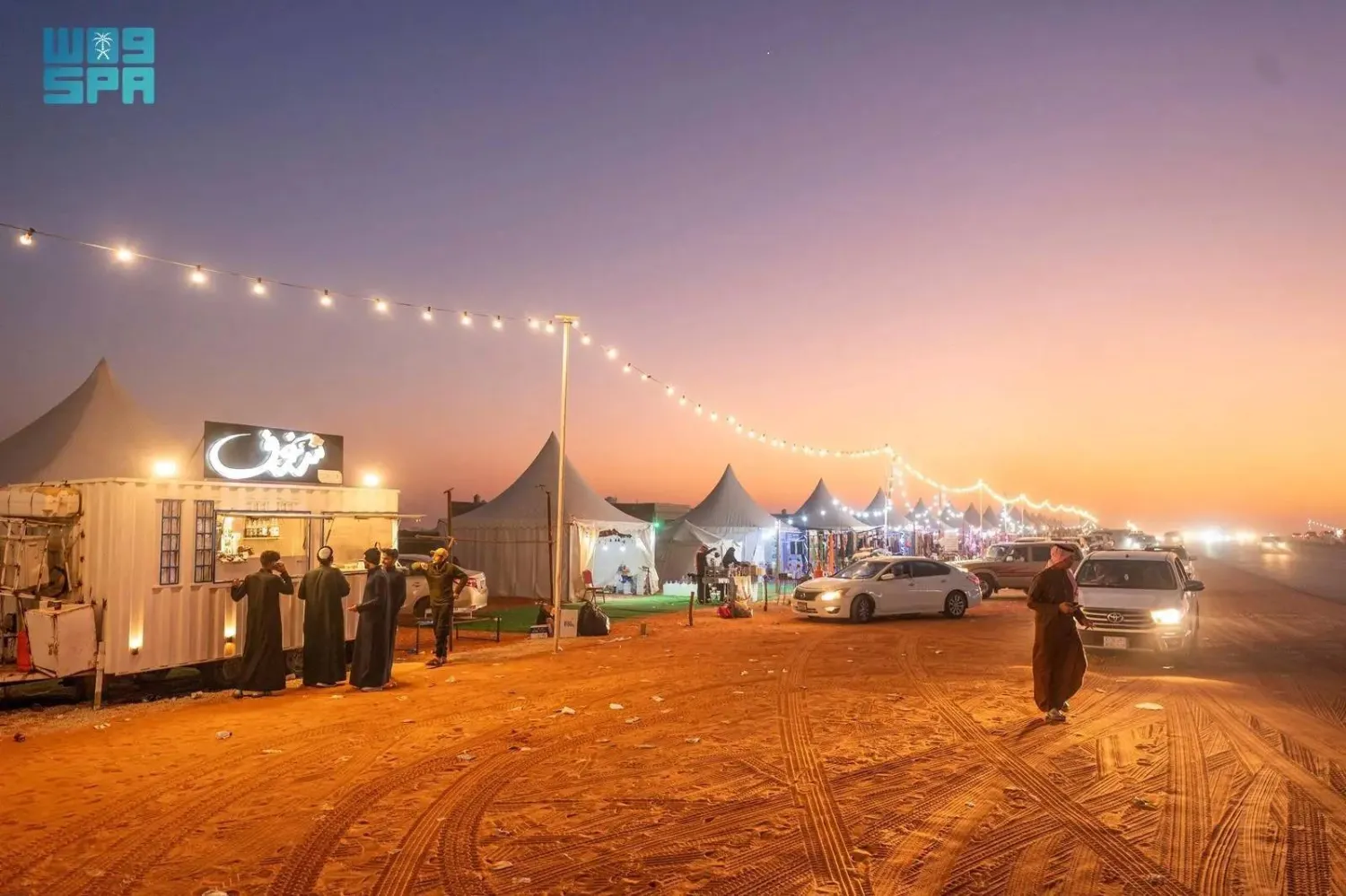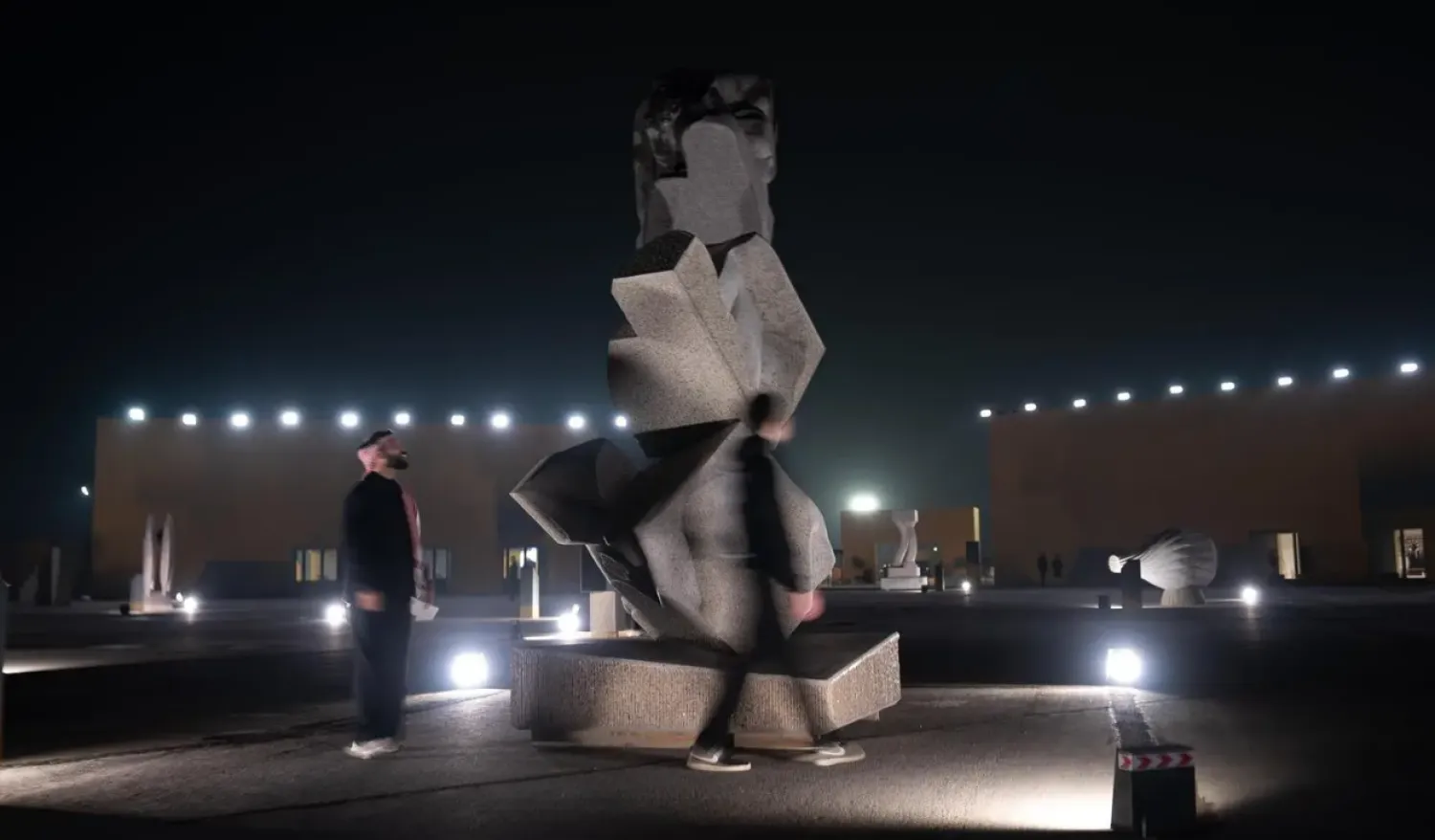In a historic building in central Tripoli, Libyans wander past ancient statues and artifacts, rediscovering a heritage that transcends political divides at their national museum which reopened this month after a 2011 uprising.
"I got here barely 15 minutes ago but I already feel like I've been transported somewhere. It's a different world," said architecture student Nirmine Miladi, 22.
In the waterfront building known as the red citadel -- once the seat of power -- visitors journey through a history that includes ancient art, Greek and Roman antiquities and Ottoman-era weapons and jewellery.
Miladi's sister Aya, 26, an interior design student, said she liked the bright new museum's layout, "the careful lighting, the screens and interactive tools" that all help make the museum accessible to all.
Libya plunged into chaos after a NATO-backed uprising toppled and killed longtime leader Moammar al-Gadhafi in 2011, and the country has struggled to regain stability.
Since then, the North African country has been divided, with two rival executives vying for power: a Tripoli-based Government of National Unity and an administration based in Benghazi in the country's east.
Mohamed Fakroun, head of international cooperation at the antiquities department, said the museum went through "a dark period during its 14-year closure".
Fearing looting and vandalism after Gadhafi's overthrow, the antiquities department removed "all the artifacts until the country re-stabilized", said Fakroun, 63, who has worked at the French archaeological mission to Libya for almost four decades.
- 'National symbol' -
Curator Fathiya Abdallah Ahmad is among a handful of people who knew the location of secret, sealed rooms where the museum's treasures were taken into hiding for more than a decade.
She said the antiquities department and staff worked to "preserve a historic and cultural heritage that belongs to all Libyans".
This allowed the works to be safeguarded until the museum could reopen "in a modern format that conforms to international standards", she added.
The bright new facility includes digital projections and interactive screens as well as videos, audio guides and QR codes enabling visitors to delve further.
Fakroun noted the museum has a room dedicated to Roman emperor Septimius Severus, who was born in the ancient city of Leptis Magna -- now a UNESCO World Heritage site east of Tripoli.
Another room is dedicated to stolen items that have since been returned, including from the United States and the United Kingdom, he added.
Interior design student Aya Miladi said many Libyans saw the museum's inauguration as the "return of a national symbol".
It is also "a step towards reconciliation between Libyans and with their often little-known past", after years of war, as well as a sign of stability, she added.
- 'Not without past' -
Teacher Fatima al-Faqi, 48, said there was "a world of difference" between the reopened museum and the dark, dusty facility she visited 30 years ago on a school trip.
This time, she was leading a group of high-school students to help them "discover Libya's history and nourish their sense of patriotism", she said, as pupils goggled at items from Roman statues to stuffed animals in the natural history section.
The Tripoli government has invested more than five million dollars in rehabilitating the museum and its surrounding area, despite the oil-rich country's economic woes including frequent cash and fuel shortages.
Fakroun said the six-year renovations were carried out in cooperation with the French mission and the ALIPH foundation -- the International Alliance for the Protection of Heritage.
The museum seeks to convey a hope-filled message about Libya's identity to its visitors, most of whom "were not born when it was last open before 2011", he added.
Visitor Sarah al-Motamid, 34, said that "many people don't know about our country's ancient history and look at us as if we were worthless".
She said she was visiting with her six-year-old daughter Mariam because she wanted her to "understand that we are not without a past or civilization".










